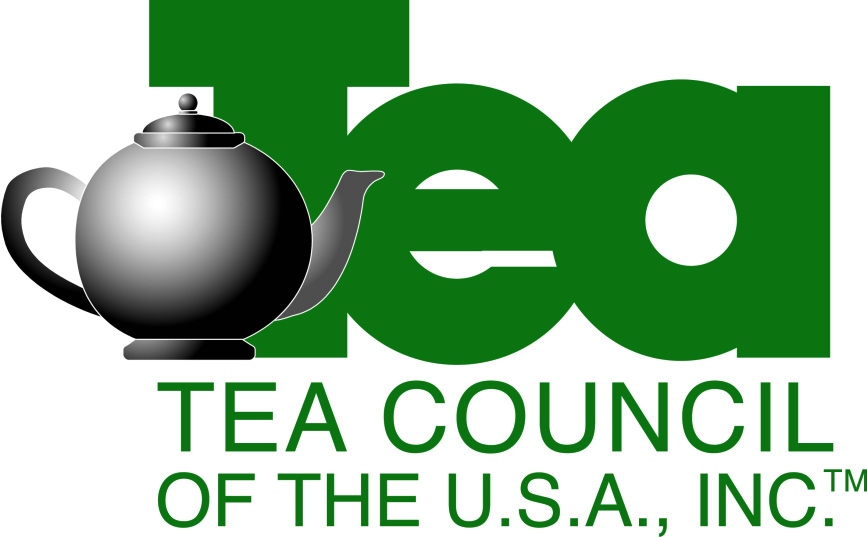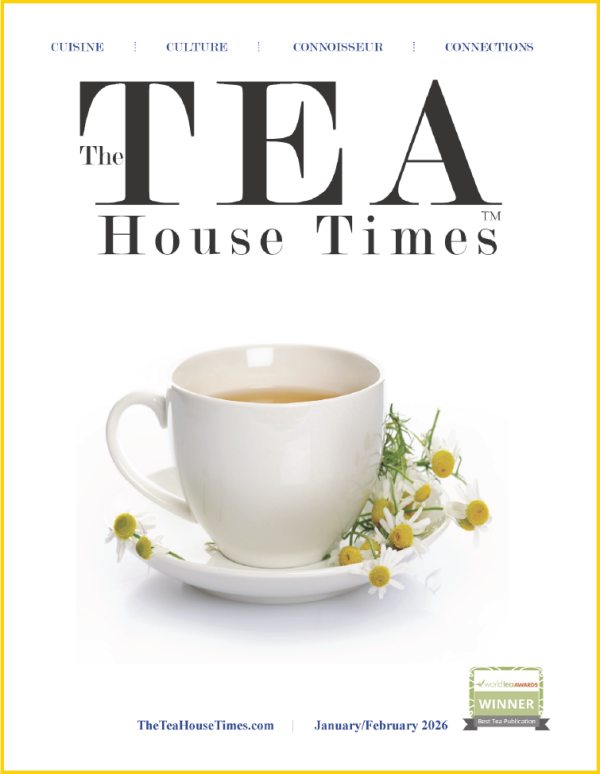

 by TEA ADMIN, Website Admin
by TEA ADMIN, Website Admin
 Tea Council of the USA - On December 19th, the FDA released the final rule on the use of "healthy" on food labels, granting tea the opportunity to use this claim. Certain tea products, including tea bags and bottled tea, can now display the "healthy" claim on packaging, provided they contain less than 5 calories per 12 fluid ounce serving.
Tea Council of the USA - On December 19th, the FDA released the final rule on the use of "healthy" on food labels, granting tea the opportunity to use this claim. Certain tea products, including tea bags and bottled tea, can now display the "healthy" claim on packaging, provided they contain less than 5 calories per 12 fluid ounce serving.
Any Time is Tea Time - Enjoy Hot Tea or Iced Tea for the Same Benefits
This exciting recognition underscores tea as a health-promoting beverage. Tea is the most widely consumed beverage in the world next to water, with scientific research providing robust support for its health benefits. True teas – black, green, oolong, white and dark – all come from the same plant, a warm-weather evergreen named Camellia sinensis. True tea has the highest concentrations of flavan-3-ols of all foods and beverages, making it the go-to source for this powerful plant compound.
Consuming Just Two Cups of Tea Daily Reduces Risk of Heart Disease and Diabetes
Two cups of green or black tea has 400-600 mg of healthy, bioactive flavan-3-ols, which is the recommended daily intake shown to help reduce risk associated with heart disease and diabetes and improve blood pressure, cholesterol, and blood sugar.1,2 Each 8 fluid oz. cup of tea consumed by those over 65 years old was associated with a 10% lower risk of death from heart disease.3
These findings are further supported by a 2021 review, which found that a consistent intake of two cups of tea per day has the potential to decrease risk of heart disease and its progression.4
Two Cups of Tea Every Day Can Help Improve the Health of All Americans
Heart disease is the number one cause of death in the United States.5 Of people aged 18 and older, 11.6% have been diagnosed with diabetes, with an estimated 3.4% of people going undiagnosed.6 Obesity prevalence is estimated at 41.9% among adults in the United States.7
With these rates at an all-time high, especially among those who are in underserved socially, culturally, and economically diverse (SCED) communities, 8 it is more important than ever to examine accessible, health-promoting beverage recommendations for all Americans.
True tea is affordable, accessible, and available. A one-cup serving of unsweetened brewed tea is calorie-free, contains 0 g saturated fat, 7 mg sodium and 0 g sugar.9,10 Given the prominent availability of high-calorie, sugar-sweetened drinks in underserved SCED communities, the FDA's "healthy" claim may help provide consumer direction on drink choice where it is most needed.11
Tea Drinking Linked to Healthier Dietary Patterns
Hot or iced, tea is a major contributor to beverage intake in the U.S., with about 20% of adults reporting drinking tea on any given day.12 Research indicates that adults who consume more tea, also consumed significantly fewer high calorie, sugar-sweetened beverages. The diets of adult tea drinkers have been found to be healthier as they contain significantly higher amounts of protein, dietary fiber, vitamins and minerals including vitamin E, potassium, iron, and magnesium, while being lower in added sugars and alcohol. Tea consumers also had a healthier overall dietary pattern with higher consumption of total fruit and vegetables, eggs, soy, oils, seafood, and milk which aligns with healthy eating recommendations.13
Tea is a Hydrating Beverage
Consuming enough water is important for health. It helps to maintain hydration and vascular volume, absorb metabolic heat, transport nutrients and waste, and is used as a solvent for biochemical reactions in the body.14
Both caffeinated and decaffeinated tea are hydrating beverages. The Food and Nutrition Board of the Institute of Medicine reference intakes for water state that caffeinated beverages appear to contribute to the daily total water intake at rates similar to that of non-caffeinated beverages. Caffeinated tea supplies up to approximately 50 mg of caffeine per cup, and evidence shows no effect on hydration with intakes of up to 400 mg of caffeine per day, or the equivalent of eight cups of tea.
About the FDA "Healthy" Label
The "healthy" claim aims to create a healthier food supply and inform consumers to choose foods and beverages that can contribute to good health. The foods and beverages that qualify to bear the claim meet limits on added sugar, sodium, and saturated fats, based on Daily Value recommendations within the Dietary Guidelines for Americans 2020-2025.
With the goal of improving dietary patterns, reducing the risk of nutrition-related chronic diseases, and advancing health equity, the FDA is allowing foods and beverages that meet the criteria to use the "healthy" label. The FDA notes that label claims act as quick signals on food packages to empower and alert customers to make informed choices about what they eat and drink.
"We are thrilled that the FDA's new ruling officially recognizes unsweetened tea as a 'healthy' choice," says Peter Goggi, President of the Tea Council of the USA. "For decades, we've known that tea delivers significant health benefits, and now consumers can more easily identify it as a "healthy" choice right on the label. This designation not only validates tea's role in a balanced diet, but will also encourage more Americans to reach for this naturally refreshing, calorie-free beverage."
About the Tea Council of the USA:
The Tea Council of the USA is a non-profit association that was formed in 1950 as a partnership between tea packers, importers and allied industries within the United States, and the major tea producing countries. It functions as the promotional arm of the tea industry with a primary goal of increasing consumption and overall awareness of tea by providing information about its many positive attributes. One of the Council's primary objectives is the dissemination of key scientific findings about tea to the public. The Tea Council does this in several ways including: funding scientific meetings to bring tea researchers from around the world together to share key information and identify next steps for future research projects; and working with health organizations and international scientists to disseminate information about potential positive health effects of tea consumption on a public level.
- - -
Click for more eNews + Blog Archives
© All content + images copyright of news/blog providers.
- - -
NOTE: The inclusion of news or advertising in The Tea House Times publication, on our website, or in our online eNews does not constitute endorsement.
- - -
POSTS SPONSORED/PUBLISHED BY TheTeaHouseTimes.com
Weekly eNews is circulated via email. Join list at top of home page.
The Tea House Times is published 6x per year in print & digitally.
INFO - SINGLE ISSUES | SUBSCRIBE | ADVERTISE | CONTACT
SOCIAL MEDIA - Follow us @teahousetimes
EDUCATION OPTIONS-
TeaCourse.com | TeaEtiquetteCertified.com | TeaCourseFastTrack.com
ONLINE TRADE SHOW - TeaTradeShow.com
SHARE THIS↓



